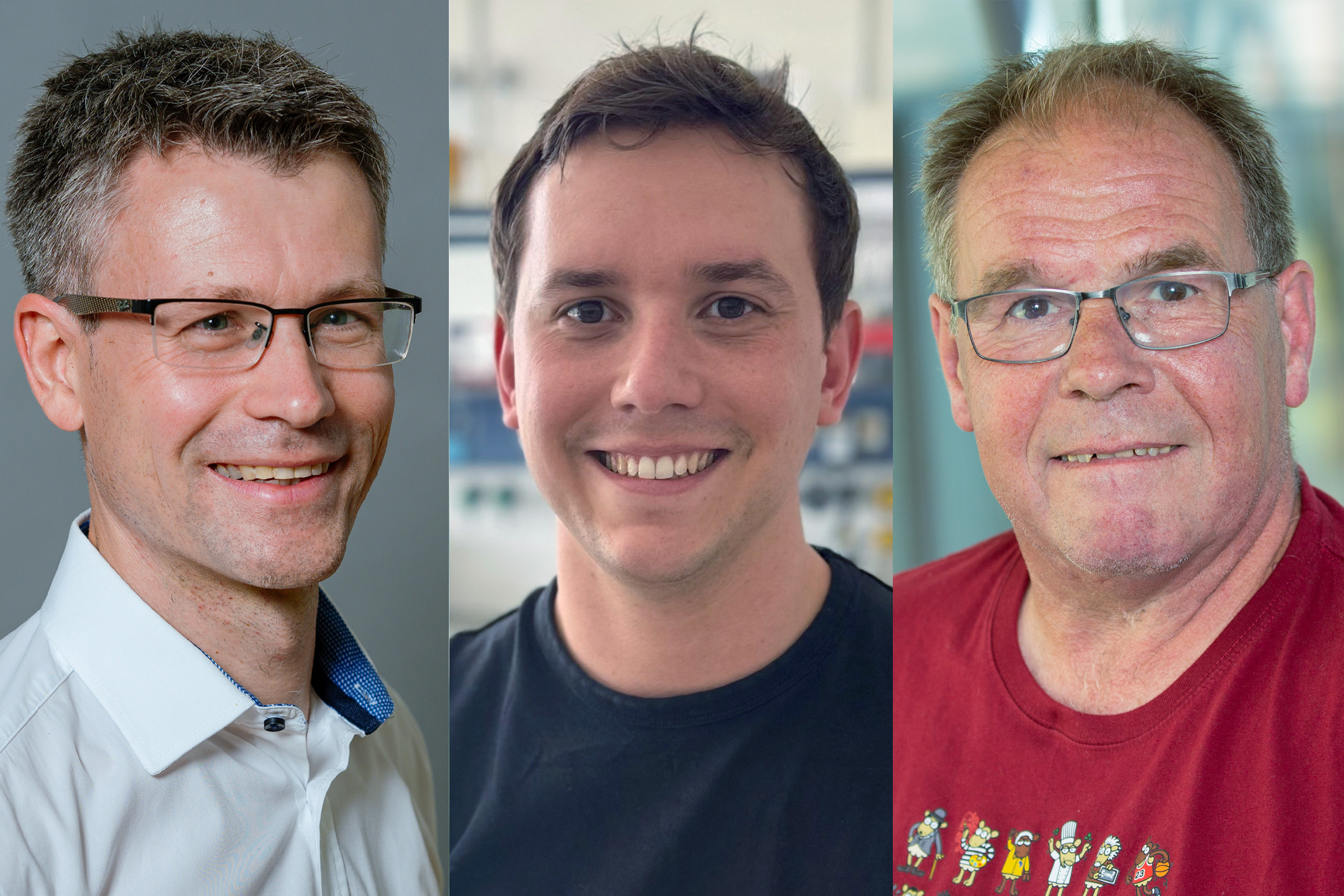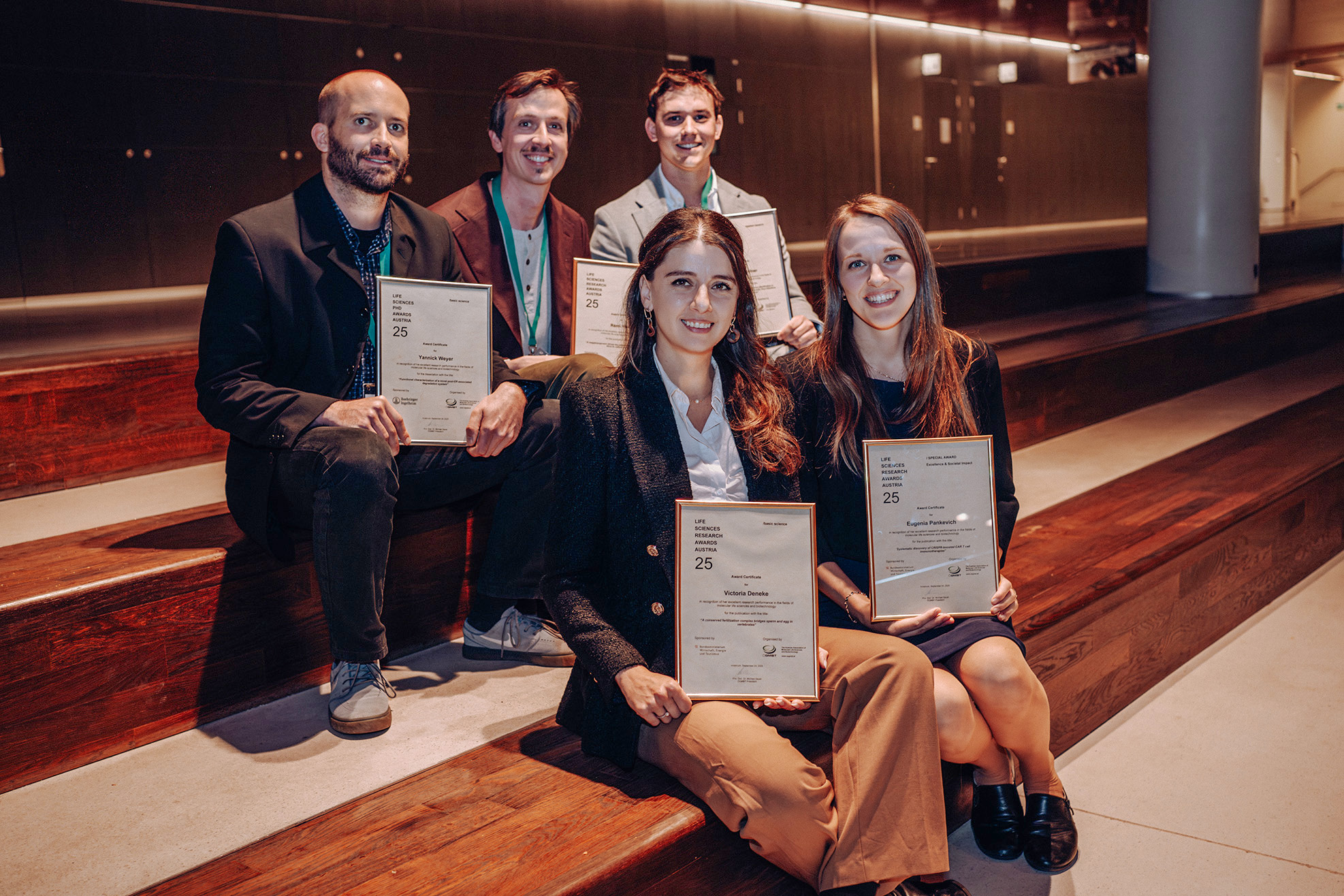Prof. Andreas Keller heads the department “Clinical Bioinformatics” at the Helmholtz Institute for Pharmaceutical Research Saarland (HIPS), a site of the HZI in cooperation with Saarland University. He uses computer-aided methods to investigate how bacteria interact with humans as producers of natural substances and how they can trigger or even protect against diseases. A particular focus of his research is on the regulatory mechanisms of non-coding RNAs.
Dr. Max Kellner has headed the junior research group “Laboratory for Virus-Host Co-Evolution” (VICO) in the HUMAN program of the HZI since 2025. The group studies resilience mechanisms that have emerged in the course of the co-evolution of viruses and host organisms. These resilience mechanisms explain why infections often do not cause disease in natural reservoir hosts like bats, whereas they can cause severe disease in other animal species and in humans. VICO combines organoid systems with functional genetic analyses to study virus-host interactions in different species under near-physiological conditions.
Prof. Marc Stadler's department “Microbial Drugs” is a world leader in the search for antibiotically active natural substances in soil bacteria and especially in fungi. The increasing spread of antibiotic resistance in dangerous pathogens is reducing the effectiveness of current drugs, meaning that new drug candidates are urgently needed. To meet this need, Stadler is carrying out taxonomic studies of new genera and families of fungi worldwide. Additionally, he develops analytical methods for the search and structural elucidation of secondary substances and their production processes on a pre-industrial scale.
This year's list of “Highly Cited Researchers” comprises a total of 7131 researchers.

![Dr Charlotte Schwenner [Translate to English:] Charlotte Schwenner](/fileadmin/_processed_/6/9/csm_Charlotte_Schwenner_7952cfe0a7.webp)

![[Translate to English:] Empfangsschild des Arabuko-Sokoke-Nationalparks](/fileadmin/_processed_/1/4/csm_arabuko_2_13c65ec6a2.jpg)

